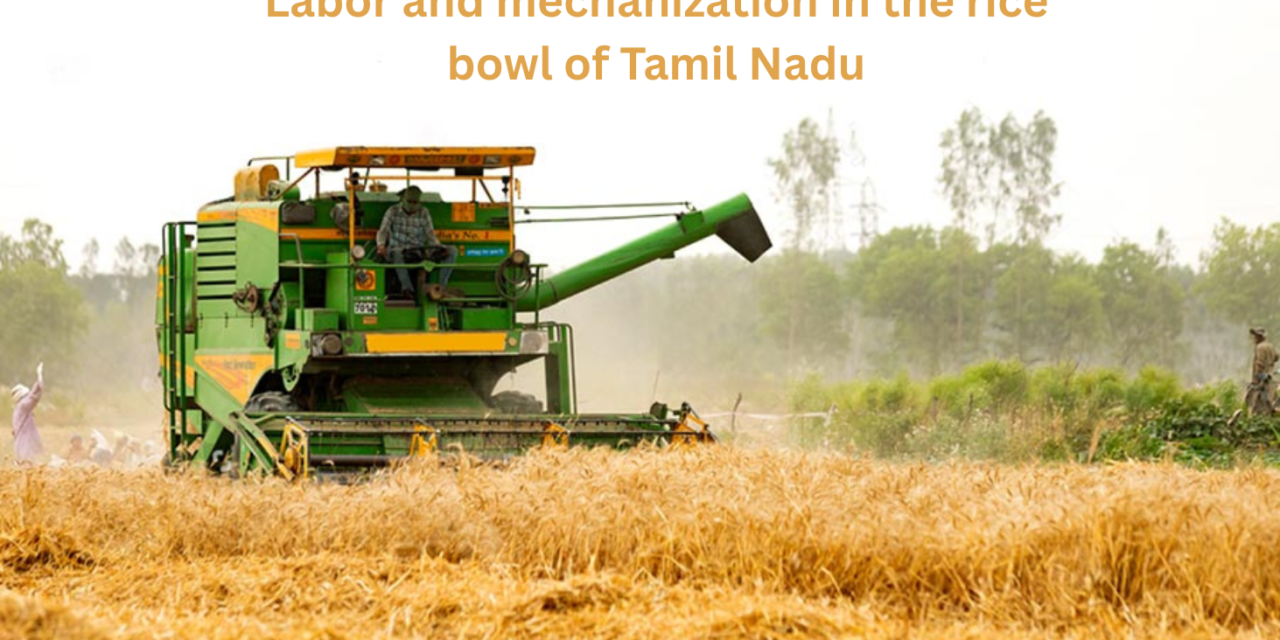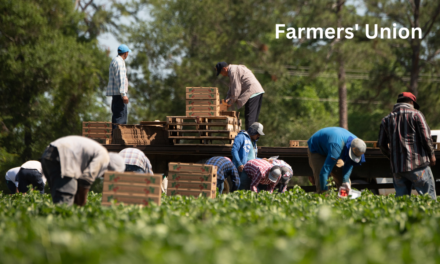Tamil Nadu’s rice bowl regions, including Thanjavur, Nagapattinam, and Tiruvarur, are grappling with a dual challenge of labor shortages and mechanization adoption in paddy cultivation. The state, known for its extensive rice production, has traditionally relied on manual labor for critical tasks such as transplanting, weeding, and harvesting. However, the migration of agricultural laborers to urban areas for better-paying jobs, coupled with an aging rural workforce, has created a severe labor crunch. This has driven up labor costs, further straining the profitability of paddy farming.
Mechanization offers a promising solution, yet its adoption faces significant hurdles. High costs of advanced equipment, limited availability of subsidies, and the lack of skilled operators are major barriers. Additionally, the fragmented nature of farmlands in the region makes it challenging for farmers to fully utilize machines like transplanters, combine harvesters, and threshers. Small and marginal farmers, who form a large part of Tamil Nadu’s agricultural community, often find it difficult to invest in machinery without cooperative models or shared infrastructure.
The government and agricultural agencies are working to address these issues by promoting custom hiring centers, offering subsidies for equipment, and providing training programs for farmers. While mechanization can alleviate labor shortages and enhance productivity, the transition requires overcoming socio-economic and infrastructural challenges. Balancing traditional farming practices with modern technology is crucial to sustaining Tamil Nadu’s rice production and ensuring the livelihood of its farming community.









